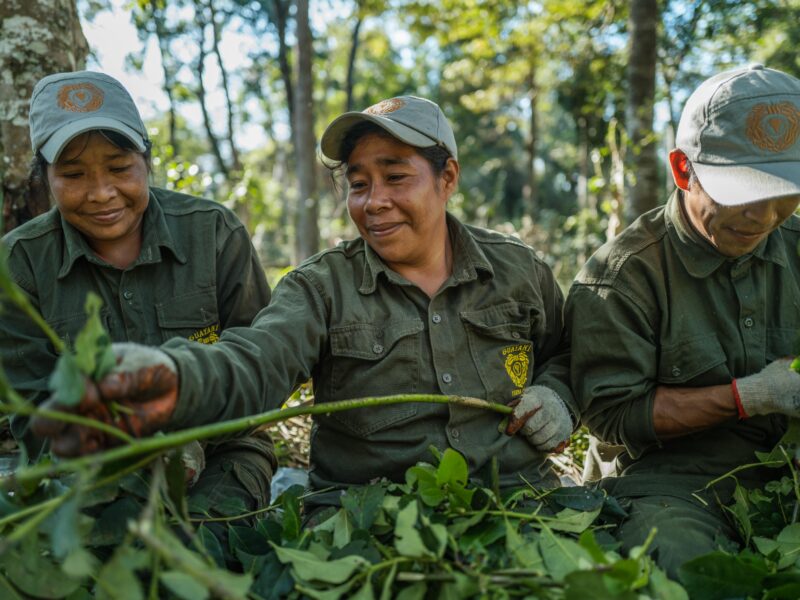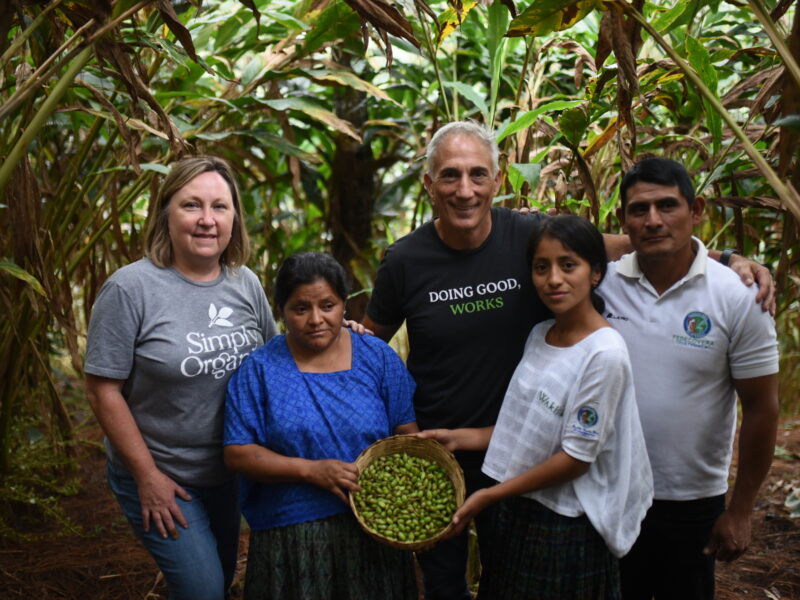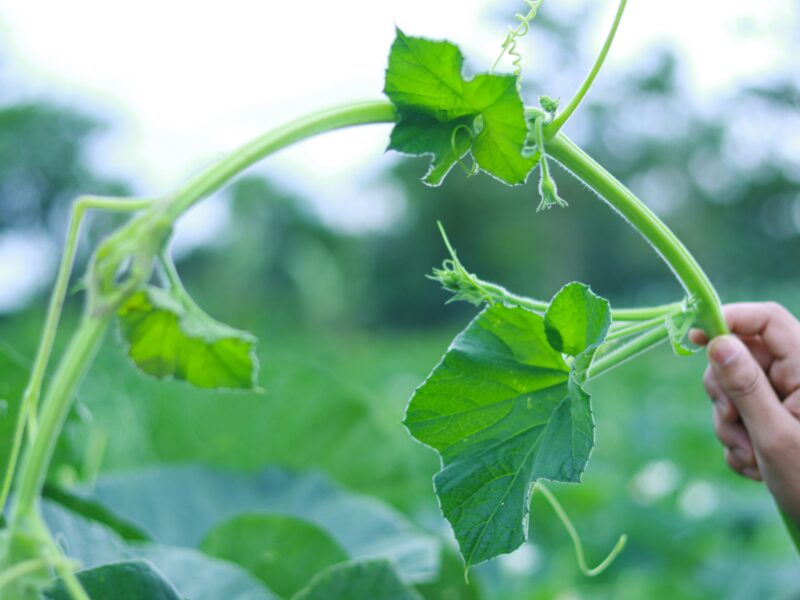For nearly 50 years, Black History Month has been celebrated in the U.S. During this month, we should recognize and celebrate Black people who had a lasting impact on both horticulture and agriculture. One of the most highly recognized figures is George Washington Carver, who in 1896 was the director of the Agriculture Department at Tuskegee University in Alabama. Known most famously for hundreds of inventions of products made from horticultural crops such as peanuts, soybeans, and sweet potatoes, he is one of the most critical figures in regenerative farming and environmental sustainability. One of his most important historical scientific impacts on agriculture was his work in improving soils through the development of a crop rotation using nitrogen-fixing peanuts and by promoting the practice of composting. The organic tomato category continues to grow at a moderate pace, IRI retail scan data reveals. In 2021, IRI reported organic tomato sales of $273.1 million, up 1.9% from 2020. With 70.5 million pounds sold at an average price per pound of $3.88 per pound, organic tomatoes accounted for 6.9% of total retail tomato sales in 2021, the IRI reports. New U.S. Department of Agriculture rules will target fraud and increase oversight of the $64 billion-a-year organic food industry. In Iowa, the nation’s number one producer of organic corn and soybeans, growers call it the most important change the agency has ever made to its organic food program. To be considered organic, a grower must be able to guarantee their food has been produced with no synthetic herbicides, pesticides, or genetically modified seeds for at least three years, which is hard for ag inspectors to police. According to a report by the European Commission, organic farming in the EU grew to 14.8 million hectares between 2010 and 2020, which represents 9.1% of all agricultural land in the region. Retail consumption of organic products has increased considerably. With more people being aware of the benefits to the product, producers, and consumers, between 2015 and 2020, retail sales of organic products doubled in the EU. The history of pesticide manufacturing and use in the United States reveals an enduring legacy of environmental racism against communities of color and their collective action for environmental justice. Humans have harnessed the toxicity of chemicals to kill agricultural insects for millennia. However, the rapid proliferation of conventional synthetic agrochemicals increased how much agriculture itself could hurt places and people. The burden of protecting people and places has always fallen on communities rather than governments and institutions.” This report from the Organic Center introduces people to historical case studies of agrochemicals, environmental racism, and environmental justice.
Celebrating Black History Month On The Farm
For nearly 50 years, Black History Month has been celebrated in the U.S. During this month, we should recognize and celebrate Black people who had a lasting impact on both horticulture and agriculture. One of the most highly recognized figures is George Washington Carver, who in 1896 was the director of the Agriculture Department at Tuskegee University in Alabama. Known most famously for hundreds of inventions of products made from horticultural crops such as peanuts, soybeans, and sweet potatoes, he is one of the most critical figures in regenerative farming and environmental sustainability. One of his most important historical scientific impacts on agriculture was his work in improving soils through the development of a crop rotation using nitrogen-fixing peanuts and by promoting the practice of composting.
Organic farming has grown during the last decade in the EU
According to a report by the European Commission, organic farming in the EU grew to 14.8 million hectares between 2010 and 2020, which represents 9.1% of all agricultural land in the region. Retail consumption of organic products has increased considerably. With more people being aware of the benefits to the product, producers, and consumers, between 2015 and 2020, retail sales of organic products doubled in the EU.
Organic Growers Support New USDA Fraud Rules
New U.S. Department of Agriculture rules will target fraud and increase oversight of the $64 billion-a-year organic food industry. In Iowa, the nation’s number one producer of organic corn and soybeans, growers call it the most important change the agency has ever made to its organic food program. To be considered organic, a grower must be able to guarantee their food has been produced with no synthetic herbicides, pesticides, or genetically modified seeds for at least three years, which is hard for ag inspectors to police.
Organic tomato category continues to grow at a moderate pace
The organic tomato category continues to grow at a moderate pace, IRI retail scan data reveals. In 2021, IRI reported organic tomato sales of $273.1 million, up 1.9% from 2020. With 70.5 million pounds sold at an average price per pound of $3.88 per pound, organic tomatoes accounted for 6.9% of total retail tomato sales in 2021, the IRI reports.
https://www.thepacker.com/news/organic/organic-tomato-category-continues-grow-moderate-pace
Agrochemicals, Environmental Racism, and Environmental Justice in the U.S.
The history of pesticide manufacturing and use in the United States reveals an enduring legacy of environmental racism against communities of color and their collective action for environmental justice. Humans have harnessed the toxicity of chemicals to kill agricultural insects for millennia. However, the rapid proliferation of conventional synthetic agrochemicals increased how much agriculture itself could hurt places and people. The burden of protecting people and places has always fallen on communities rather than governments and institutions.” This report from the Organic Center introduces people to historical case studies of agrochemicals, environmental racism, and environmental justice.
https://www.organic-center.org/site/agrochemicals-racism-and-social-justice









